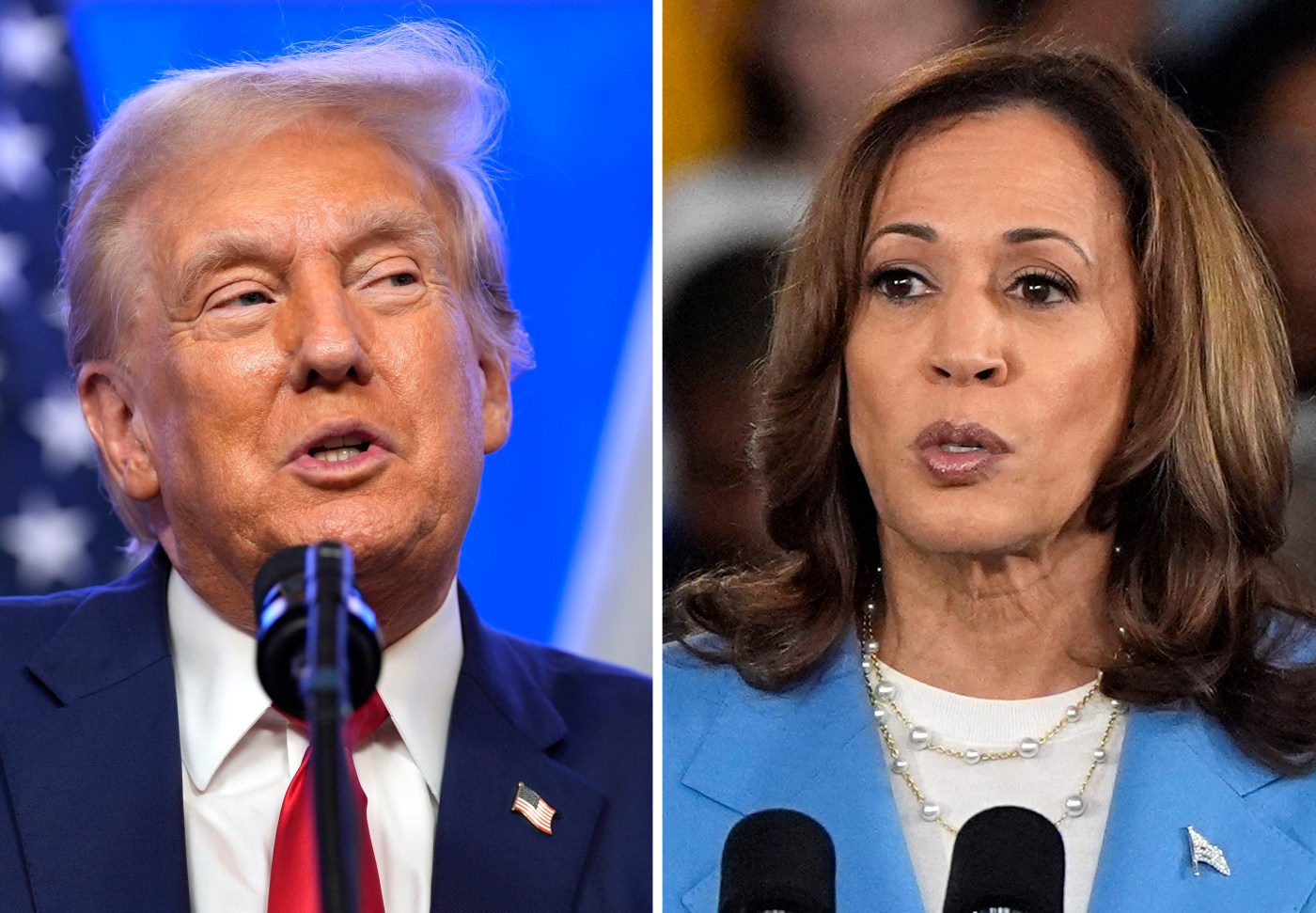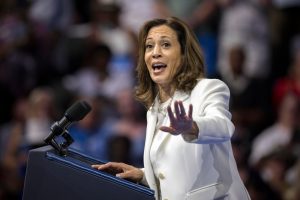
Other voices: Harris and Trump shouldn’t pander to the crypto crowd
The good news is that business interests are getting support during an election year. The bad news is that the business is crypto. Less than two years after the industry’s highest-profile political donor was exposed as a criminal, the lure of campaign donations from the digital-money crowd is once again proving irresistible.
Last time, Sam Bankman-Fried lavished cash on candidates in hopes of laxer regulations (before he ended up in federal prison on fraud charges). This time, crypto advocates are raising some millions to oppose unfriendly politicians. That’s led some candidates to abandon common sense in pursuit of cash.
Although the industry is good at grabbing headlines, the stakes aren’t especially high. Not even the most skeptical U.S. politicians are proposing to ban Bitcoin and other such currencies, as China and about 20 other countries have done. Instead, the debate has mostly focused on whether digital tokens should be regulated like other types of investment products. (They should be.)
President Joe Biden’s administration has done a good job limiting the risks that crypto poses, including by taking legal action against several companies and individuals — Bankman-Fried among them — for violations of money-laundering requirements and securities laws. So far Vice President Kamala Harris hasn’t said whether her own approach would differ from Biden’s, but she’s under pressure to adopt a more lenient position. A policy adviser indicated this week that she wants to help the industry.
Her opponents have thrown caution to the wind. Former President Donald Trump rattled off a series of promises when he spoke to the Bitcoin 2024 conference in July. They included: appointing a council of “people who love your industry” to write crypto regulations; firing Securities and Exchange Commission Chairman (and crypto skeptic) Gary Gensler; banning the Federal Reserve from creating its own digital currency; establishing a strategic Bitcoin stockpile; and commuting the prison sentence of Ross Ulbricht, convicted in 2015 for creating a crypto marketplace for illegal goods. Robert F. Kennedy Jr., an independent, has gone even further: Calling Bitcoin “the currency of hope,” he has pledged to direct the U.S. Treasury to invest hundreds of billions in crypto.
It’s hard to square this kind of thing with the broader national interest. In the 15 or so years since Bitcoin was invented, digital tokens have proved to be of essentially no practical value. Just 1% of Americans say they used them for a payment or money transfer last year. More often crypto is used to move money outside of government oversight. That’s helpful for criminals, terrorists and anyone under sanctions. But these are hardly the constituencies that a presidential candidate should be soliciting. Nor should policymakers be encouraging people to park their savings in digital wallets instead of stocks, bonds and other assets that support the real economy.
Instead, candidates should promise to work with Congress and regulators to ensure that the rules applied to cryptocurrencies are consistent with existing laws on fraud, money laundering and sanctions enforcement. If the technology is as innovative and useful as its advocates assert, then playing by the rules shouldn’t be a problem. No amount of campaign cash should lead candidates to think otherwise.
— The Bloomberg Opinion Editorial Board
Related Articles
Noah Feldman: New Trump charges expose the Supreme Court’s failings
Other voices: Harris should fight Trump with a better Bidenomics
ABC’s rules for the Harris-Trump debate include muted mics when candidates aren’t speaking
Tim Walz is a car guy — and works on his own 1979 Scout SUV. Will it help him with voters?
In first interview of presidential campaign, Harris defends shifting from some liberal positions


